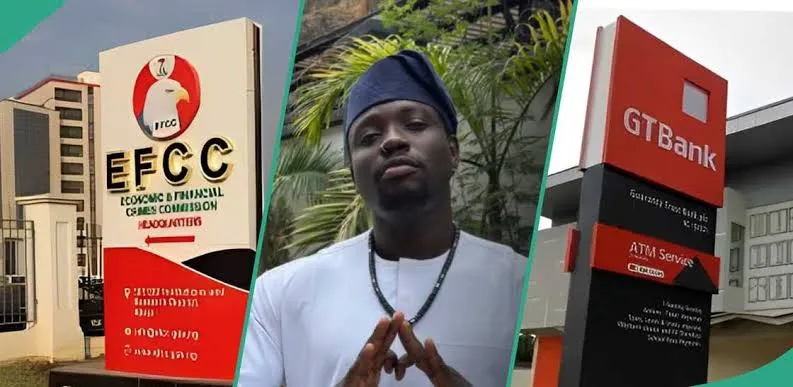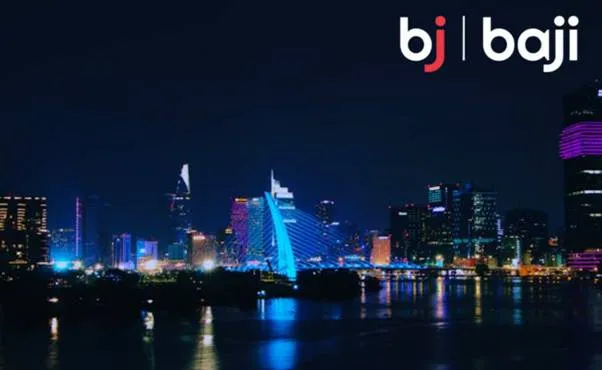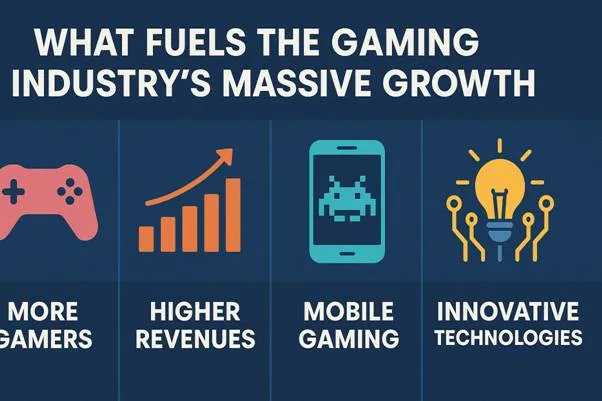VDM’s Detention Sparks Debate Over Youth Rights in West Africa
Published Jul 16, 2025 | By Admin

The recent detention of activist VDM by Nigeria’s Economic and Financial Crimes Commission (EFCC Nigeria) has sparked widespread discussions across Niger and the broader West African region. This arrest not only highlights tensions between authorities and digital activists but also raises concerns about the rule of law and freedom of expression.
Who Is VDM?
VeryDarkMan, widely known as VDM, is one of Nigeria’s most prominent young activists and influencers. While his real name remains largely undisclosed, that has not stopped him from becoming a recognizable and influential figure, especially among young people. VDM has emerged as a symbol of digital resistance and the fight for justice, turning his Betwinner mobile platforms into powerful tools for activism and social commentary.
VDM rose to prominence with his bold and often provocative critiques targeting politicians, government agencies, and public figures. His audience has steadily grown with every controversy, scandal, or viral post. For many, VDM represents an authentic and fearless voice willing to challenge corruption, inequality, and abuse of power — making him a respected figure not just in Nigeria but also in neighboring Niger, where similar frustrations with governance exist.
| Detail | Information |
|---|---|
| Full Name | VeryDarkMan |
| Nationality | Nigerian |
| Profession | Digital activist, social media influencer |
| Platforms | Instagram, Twitter, Facebook, YouTube |
| Known For | Exposing social injustices, political commentary, digital activism |
| Audience | Mainly youth in Nigeria and neighboring Niger |
| Recent Focus | Criticism of GTBank, EFCC, rule of law issues |
Profile and Online Influence
On platforms such as Instagram, Twitter, Facebook, and YouTube, VDM has crafted a unique blend of content: from hard-hitting exposes and political news (news) to entertainment skits and motivational videos. His followers value him for addressing urgent issues like unjust detentions, corruption schemes, police brutality, and the suppression of free speech — topics often overlooked by mainstream media.
What sets VDM apart is his direct, unfiltered communication style. He is a master of digital activism, using everything from online petitions to viral hashtags and live streams to mobilize public support and apply pressure on government institutions.
In recent months, VDM has focused his attention on institutions such as GTBank (GTB) and the EFCC Nigeria, openly criticizing their actions and calling for adherence to the rule of law and human rights standards. His posts regularly go viral, sparking widespread conversations and media attention.
Key factors behind VDM’s online influence:
- Authenticity: Speaks candidly and refuses to sugarcoat the truth.
- Civic engagement: Not only critiques but also participates in protests and advocacy campaigns.
- Agenda-setting power: Topics he raises often shape public debates and media coverage.
For Nigeria’s younger generation, VDM has become more than an influencer — he is a voice for change, using social media as both a megaphone and a mobilizing force.
Unfolding of the Arrest
The arrest of VDM shocked not only his followers but also the broader Nigerian and West African public. What started as a seemingly routine encounter at a bank quickly spiraled into a national controversy, raising deep concerns about the treatment of Download betwinner ios digital activists and the state of civil liberties in the region.
Incident at GTBank Branch
The chain of events began at a GTBank (GTB) branch in Lagos, where VDM had reportedly gone to resolve issues with his personal account. Eyewitnesses at the scene report that VDM was engaged in a heated discussion with bank staff regarding a blocked transaction. Tensions quickly escalated when security personnel were called in to intervene. According to several accounts, the situation attracted a crowd of onlookers, many of whom began recording videos and posting them on social media platforms in real time.
Within minutes, local police arrived at the scene and detained VDM, citing “disturbance of public order.” The videos spread rapidly online, sparking outrage and fueling claims that the arrest was politically motivated, especially given VDM’s previous outspoken criticism of the bank and its practices.
Transfer to EFCC Custody
Following his arrest at the GTBank branch, VDM was transferred into the custody of the Economic and Financial Crimes Commission (EFCC Nigeria), a powerful anti-corruption agency. Authorities claimed that the arrest was linked to ongoing investigations into alleged financial misconduct, though details of the accusations have remained vague and inconsistent.
Reports indicate that VDM’s legal team has faced significant barriers in trying to access him, with multiple requests for visitation denied by the EFCC. This has fueled further speculation that the arrest is less about legal issues and more about silencing a vocal critic of government and institutional failures.
Human rights groups and digital activism networks have raised alarms over VDM’s detention, pointing to a lack of transparency and due process. Calls for his release have grown louder, with hashtags like #FreeVDM trending across Twitter and Instagram, and media outlets across Nigeria and Niger closely monitoring the developments.
Political and Public Reaction
The arrest and detention of VDM have sparked a storm of reactions from political leaders, students, civil society organizations, and human rights advocates. What began as an isolated incident at a bank has transformed into a nationwide debate about the state of democracy, freedom of speech, and the rule of law in Nigeria and across West Africa.
Statements from Opposition Leaders
Prominent opposition politicians were among the first to react to the news of VDM’s arrest. Leaders from various political parties condemned the authorities’ actions, framing the arrest as an attack on young voices and a dangerous sign of creeping authoritarianism.
Opposition figures emphasized that digital activists like VDM play an essential role in holding governments accountable and amplifying public grievances. They called on the government and institutions like the EFCC Nigeria to respect due process and ensure VDM’s rights are protected.
Peter Obi’s Condemnation
One of the most notable voices was Peter Obi, former governor of Anambra State and a respected opposition leader. Obi issued a strong statement criticizing the arrest, calling it a “clear suppression of youth voices and a direct attack on digital activism.”
Obi stressed that in a democratic society, dissent and criticism should be met with dialogue, not detention. He called on the government to release VDM immediately and to launch an independent investigation into the conduct of both the GTBank (GTB) branch and the EFCC officers involved.
Student and Civil Society Outcry
Student unions and civil society groups across Nigeria and Niger have been especially vocal, organizing protests and social media campaigns demanding VDM’s release. University campuses have seen demonstrations, while student leaders have issued public letters criticizing what they call “the intimidation of young leaders and voices of change.”
Civil society groups, including NGOs focused on governance, human rights, and media freedom, have amplified these calls, warning that the arrest sets a dangerous precedent for how authorities handle online dissent.
Main actions taken by civil society groups:
- Organized street protests and peaceful rallies
- Published open letters and public statements
- Launched online petitions demanding VDM’s release
- Engaged with media to raise awareness of the case
- Partnered with international human rights organizations
Human Rights Advocates’ Concerns
Human rights advocates, both within Nigeria and internationally, have raised red flags over VDM’s treatment. Organizations such as Amnesty International and Human Rights Watch have condemned the arrest, citing concerns over lack of transparency, denial of legal access, and potential violations of the rule of law.
These groups argue that VDM’s detention reflects a broader pattern of shrinking civic space in Nigeria, where activists, journalists, and opposition voices face increasing harassment and intimidation. They have called on the Nigerian government to uphold international human rights standards and ensure that VDM’s case is handled fairly, transparently, and without political interference.
Media Coverage and Regional Impact
The arrest of VDM has received widespread attention in Nigeria and neighboring Niger, turning a national controversy into a regional debate over free speech, Online Sports Betting with PayPal, and digital activism.
Coverage in Nigerien Media
In Niger, major media have closely followed the developments, viewing the VDM GTBank incident as a warning about growing crackdowns on dissent. Reports highlight how a conflict at a GTBank (GTB) branch led to VDM’s arrest and detention by the EFCC Nigeria, sparking widespread concern over youth rights and fair process.
Regional commentators have urged stronger oversight from ECOWAS, pointing to the need to protect freedom of expression across West Africa.
Social Media Response
The social media reaction has been massive. Hashtags like #FreeVDM and #JusticeForVDM have dominated platforms like Twitter, Instagram, and Facebook, with users sharing videos, updates, and solidarity posts.
Digital activists, celebrities, and civil society groups have used social media to pressure authorities, organize protests, and raise legal funds. This online mobilization has kept VDM’s case in the spotlight, amplifying demands for accountability and fair treatment.






